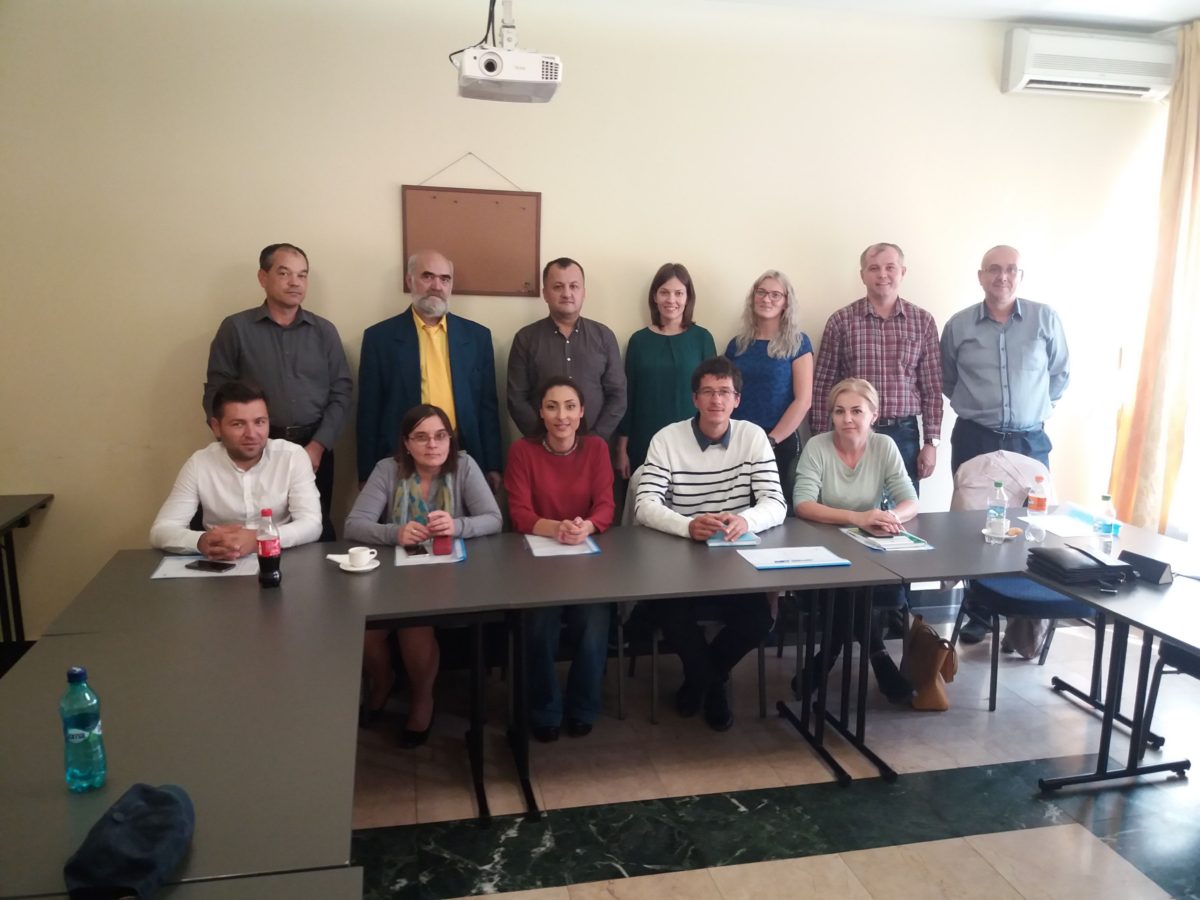On 3 December 2018, ERGO Network concluded the first year of its 4-year work programme RIISE (Roma Included in Social Europe) with a panel debate discussing how Roma inclusion can be fostered through meaningful local partnerships.
Emphasising the importance of Roma participation in all stages of decision-making, from the local to the European level, is one of the founding principles of ERGO Network, and many of our activities focus on building trust and partnerships between Roma communities and institutions.
During the panel debate, the speakers highlighted several angles, good examples and pitfalls of partnerships on local level.
The event was opened by introductory remarks from Romeo Franz, Member of the European Parliament for the Greens/EFA and Andor Urmos, Policy Analyst, Directorate General for Regional Policy, European Commission.
It was followed by a panel moderated by former ERGO Network director Ruus Dijksterhuis, who discussed with Dominique Be (DG Employment), Maaike Buyst (Eurocities), Dijana Pavlovic (Upre Roma Italy), Valeriu Capraru (National Federation of Local Action Groups Romania), Tobias Mayr (Congress of local and regional authorities of the Council of Europe) and Andrey Ivanov, Fundamental Rights Agency.
Dijana Pavlovic opened the panel by describing the local reality in Italy, where the level of antigypsyism also in local authorities is extreme. Building partnerships is difficult in a climate where Romani people always have to fear to lose their home during regular evictions.
Dominique Be presented the ROMACT programme, a joint initiative between the European Commission and the Council of Europe that seeks to assist mayors and municipal authorities to work together with local Roma communities to develop policies and public services that are inclusive of all, including Roma. Maaike Buyst spoke about several good practice examples of municipalities in Eurocities Roma inclusion working group, for example Ghent or Goteburg, including Roma mediators, Roma councils and other initiatives. Tobias Mayr presented the Declaration against anti-Gypsyism of the European Alliance of Cities and Regions for the Inclusion of Roma and Travellers.
Valeriu Capraru spoke about opportunities and challenges for Roma inclusion through Local Action Groups in the CLLD process. Andrey Ivanov, Head of Sector Roma and Migrant Integration, Technical Assistance & Capacity Building, European Union Agency for Fundamental Rights: presented the new report of the Local engagement for Roma inclusion” (“LERI”) project.
It became clear that two issues are important: Partnerships need to be backed by proper funding and capacity-building of both Roma civil society and local authorities, and antigypsyism need to be tackled on all levels in order to ensure trust of Roma towards institutions.
The conference was closed by ERGO board member Adriatik Hasantari together with Szabolcs Schmidt, Head of Unit Non-discrimination and Roma coordination European Commission, DG Justice, and Marie-Anne Paraskevas, Senior Policy Expert, Social Affairs & Inclusion, European Commission, DG Employment.

After the debate, the participants were invited to celebrate the ten years anniversary of ERGO Network together with ERGO staff and members, going together through the history of ERGO empowering the Roma grassroots and bridging Roma realities with EU policy-making.







